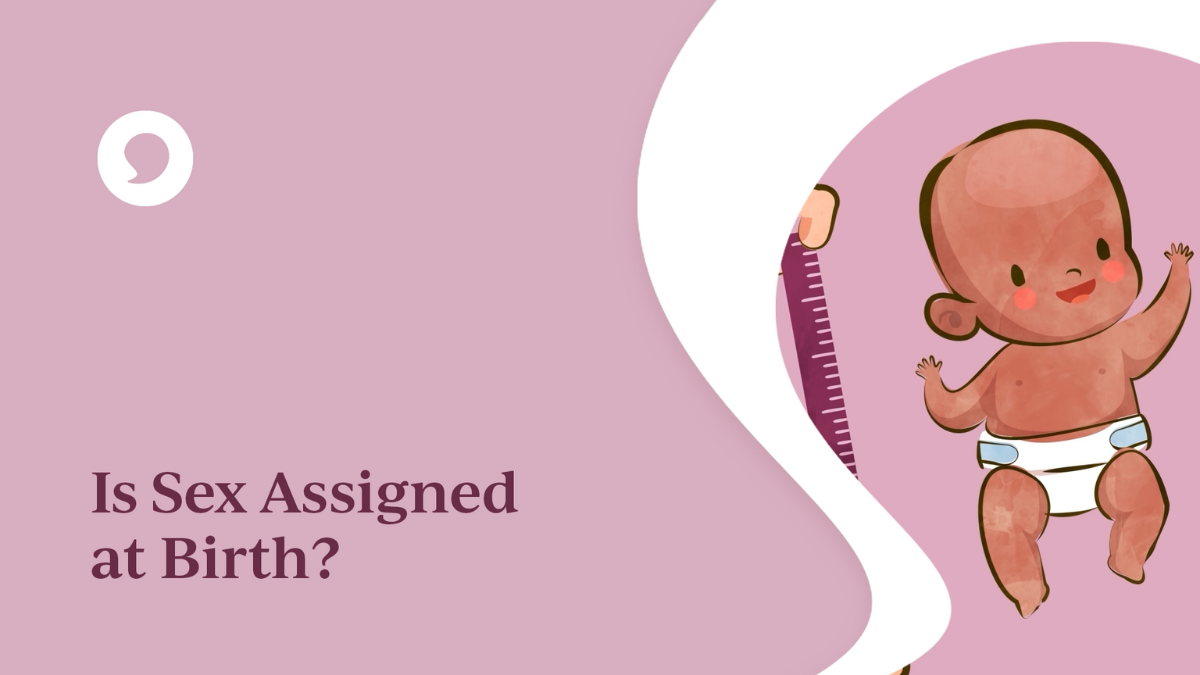

Is Sex Assigned at Birth?
The latest What Would You Say? video has tips on how to encounter statements of sexual identity.
09/8/23
John Stonestreet Kasey Leander

The most recent installment in the What Would You Say? video series looks at an idea that is increasingly popular, often repeated, and surprisingly believable: that sex is “assigned” at birth. Most of us have or will encounter this phrase, which no one would have uttered throughout most of human history. But not all of us know how to respond. After all, the idea that sex is something merely “assigned” at birth is taken as truth by college professors, media pundits, and medical professionals. We even hear that on this issue “the science is settled.”
So, what would you say?
As the video helpfully explains, we should not be afraid to note what is an obvious truth.
First: A person’s sex is acknowledged, not assigned. There are many things that doctors learn about a baby when it’s born, like height, weight, and blood type. Those things aren’t assigned. They’re acknowledged.
Other things are assigned at birth, like a name. Babies are assigned names exclusively on the preferences of their parents. Changing a name before, during, or even after birth has no real impact on the person because it’s not a biological part of their identity.
So, if some things are acknowledged and other things are assigned, which category does a baby’s sex fall into? Is it more like being given a name by parents, or is it more like learning the blood type from the doctor?
It is helpful to acknowledge that some things about us as human beings are assigned and others are not, and that the kinds of things that fit into these respective categories are radically different kinds of things.
Sex is determined by our reproductive system. In most cases, humans are born with two sex chromosomes, either x/x or x/y. …
For human reproduction to happen, contributions from both kinds of reproductive systems are required. The differences between males and females go beyond our reproductive systems. Men and women differ in how their brains operate, how they solve problems, what diseases they are susceptible to, and so much more.
At this point in the conversation, an objection sometimes crops up: “What about intersex people?” The third truth to remember is that disorders of sexual development don’t create new categories of sex.
The disorder that occurs when a person’s reproductive system doesn’t develop neatly along a male or female path is called “intersex.” If a person is intersex that does not mean that he or she is not male or female. Nor does it mean that there are additional categories of sex other than male and female. Some people are born without limbs. Others are born blind. Disorders of sexual development are not evidence of a new category of sex any more than disorders of the cardiac or respiratory systems are evidence of new kinds of hearts or lungs.
In fact, as [Abigail] Favale points out, “In 99.98% of these cases, sex is readily recognizable as unambiguously male or female.”
The watershed issues of our day are anthropological. The greatest deceptions of our day, the ones to which we’ll need to know how to reply, have to do with what it means to be human. Typically, when these issues come up, temperatures rise. Christians need to be able to speak the truth, but also employ the Proverbial wisdom that “a soft answer turns away wrath.”
It is possible to engage tough questions with gentleness, humility, and a sound knowledge of the facts. Every What Would You Say? video is based in sound and solid reasoning and can be used to consider these questions with family and friends. To watch the whole video, go to whatwouldyousay.org.
This Breakpoint was co-authored by Kasey Leander. For more resources to live like a Christian in this cultural moment, go to breakpoint.org.
Have a Follow-up Question?
Up
Next

Related Content

© Copyright 2020, All Rights Reserved.













